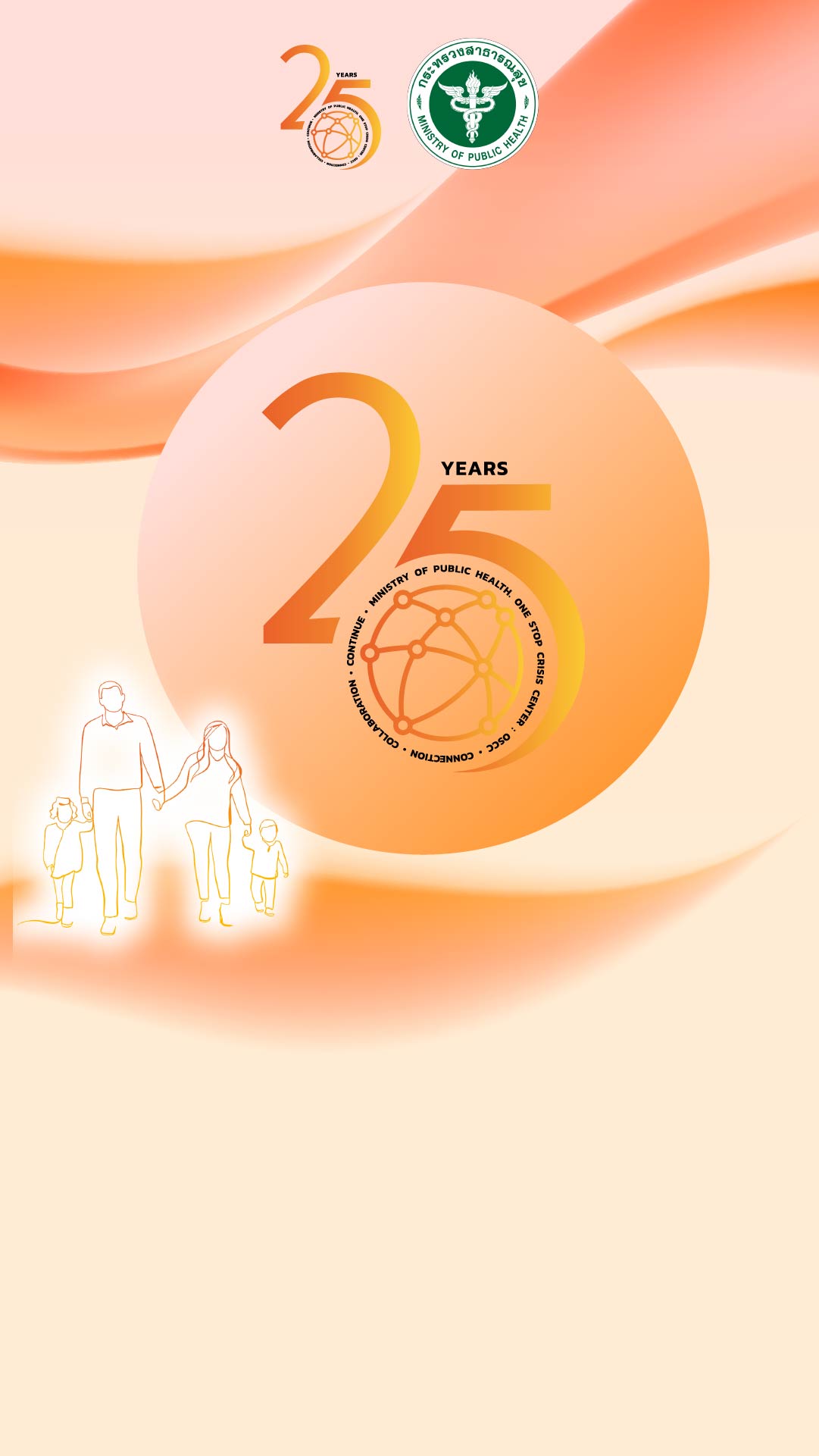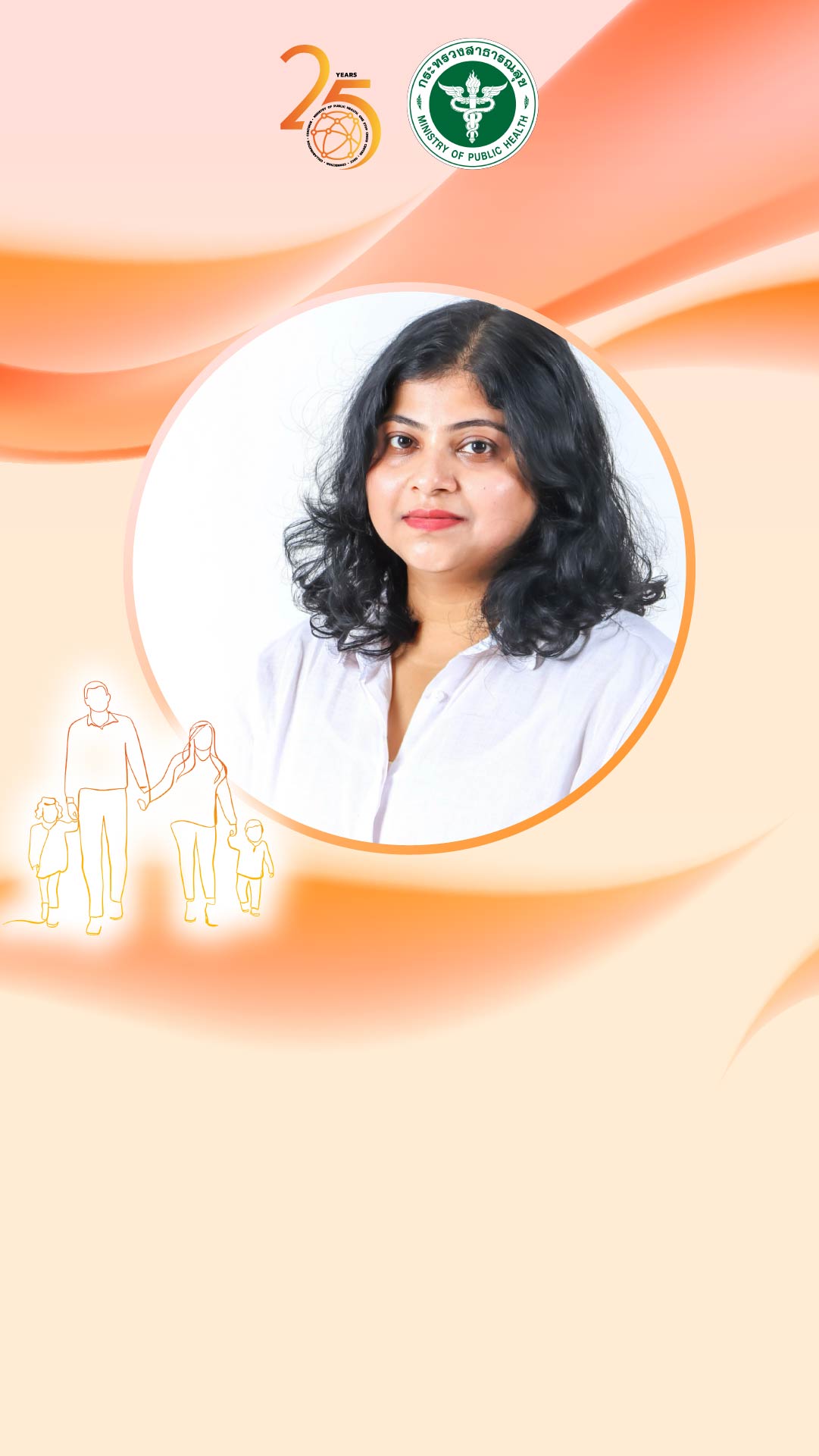PROFILE OF WORKSHOP FACILITATORS / RESOURCE PERSONS:
CLAIRE ANGELINE P. LUCZON, J.D.
Gender, law and policy program, University of Philippines
Claire is a lawyer by education and training. Since her admission to the Philippine bar in 1999, she has been working in the field of women’s human rights and gender equality. She worked in the Philippine government as House of Representatives as the Chief of Staff (Legislative Staff Chief) of the primary author of many pro-women and gender equality legislations, including what are now the laws on Violence Against Women and Their Children Act of 2004 (RA 9262), the Anti-Trafficking in Persons Act of 2003 (RA 9208), and the Reproductive Health Law (RA 10354), during the time of extensive debates on these laws. In that capacity, she has participated and contributed to the research, discussion, and public advocacy on these measures.
When she shifted to Philippine NGO work with the Women’s Legal Education, Advocacy and Defense (Womenlead) Foundation, she was then involved for more than a decade, in providing legal counseling and litigation services to survivors of gender-based violence and other forms gender-based discrimination, and continued policy, legislative and judicial advocacy for gender equality. She was co-counsel in the landmark cases of Garcia v Drilon in 2013, where the Supreme Court upheld the constitutionality of RA 9262; and the case of Imbong vs Ochoa in 2014, where Supreme Court upheld the constitutionality of RA 10354. She was also co-counsel in the landmark case before the United Nations Committee on the Elimination of all Forms of Discrimination Against Women (UN-CEDAW Committee) inquiry proceeding, where EO #3 of the City of Manila which banned modern contraceptives in the public health facilities in Manila, was held to be violative of the provisions and principles of CEDAW.
After Womenlead, Claire joined the Development Alternatives with Women in a New Era (DAWN), an network of women’s human rights NGOs from the global south as Program and Administrative Officer. As such, she was extensively involved in global women’s human rights advocacy and capacity-building. She also served as adviser and consultant to various government bodies, including as Adviser to the Philippine government in negotiations before the Commission on the Status of Women (CSW), and the Commission on Population and Development (CPD)at the UN Headquarters in New York. She is a member of the Outright Asia Regional Network on SOGIE (Sexual Orientation and Gender Identity Expression) & GBV (Gender-Based Violence). Currently, she is engaged as Senior National Consultant for Gender Equality and Social Inclusion of the Southeast Asia Regional Department of the Asian Development Bank, where she supports mainstreaming gender in ADB projects and other operations in the region.
Dr. Aparna Mukherjee
Dr. Aparna Mukherjee is a gender expert, social demographer, and relentless advocate for gender equality and the eradication of gender-based violence (GBV). With more than a decade of experience, Dr. Mukherjee has made invaluable contributions to the field through her work with governments, multilateral organizations within the United Nations framework, and numerous NGOs and civil society organizations across diverse cultural landscapes, including India, Malaysia, and various African contexts.
Throughout her career, Dr. Mukherjee has been instrumental in designing evidence informed initiatives aimed at addressing GBV, promoting gender equity, and fostering inclusive development strategies. Her expertise lies not only in research and analysis but also in the practical application of her findings to effect tangible change on both national and international scales. Her approach to evaluation and capacity building efforts ensures that interventions are not only effective but also responsive to the nuanced needs of diverse communities.
As a Postdoctoral Research Fellow at the United Nations University – International Institute for Global Health (UNU-IIGH), Dr. Mukherjee leads projects on implementation research, with a sharp focus on intersectionality in gender and health. Her expertise in sexual and reproductive health, as well as her research on gender-based violence (GBV) and auditing OSCC in Malaysia, establishes her as a key player in tackling urgent health issues, especially in the Asia Pacific region.
Prior to her role at UNU-IIGH, Dr. Mukherjee served as the Monitoring and Evaluation Lead at the Karnataka Health Promotion Trust in India, where she played a pivotal role in evaluating and enhancing the effectiveness of government and community-based programs. Her diverse career also includes teaching positions at the Tata Institute for Social Sciences (TISS) and pivotal research roles at renowned institutions such as the World Health Organization (WHO) and the Niti Aayog (Planning Commission, Government of India). She has also worked closely with the London School of Hygiene & Tropical Medicine. She also worked as a visiting research fellow at the Harvard Center for Population and Development Studies.
Dr. Mukherjee's holds a Ph.D. in Population Studies from the International Institute for Population Sciences and dual master’s degrees in economics and Demography. She has honed her expertise further as a Policy Communication Fellow at the Population Reference Bureau and has a master’s level diploma in gender studies from the University of Oslo and certification from John Hopkins Bloomberg School of Public Health.
As an expert in her field, Dr. Mukherjee has played a pivotal role in the research, design and implementation of innovative programs aimed at preventing and responding to GBV. Her emphasis on robust monitoring and evaluation mechanisms has set new standards for accountability and impact assessment within the development sector.
ABSTRACT:
The session aims to increase the knowledge of hospital health personnel serving in various capacities as part of Thailand MOPH’s One Stop Crisis Center (OSCC) system, for more effective services for gender-based violence (GBV) victim-survivors. The participants will learn about gender and its related concepts such as sex, sexual orientation, gender identity, gender expression, and gender bias, including gender-based violence. The session will make clear how social expectations about gender roles and gender relations between men, women, and non-binary individuals underpins GBV, including intimate partner violence, sexual harassment in the workplace, rape, and human trafficking. The participants will unpack the root causes of GBV and its individual and social impact, increasing their understanding of structural and societal factors that increase the risk of GBV. During the session, there will also be a discussion about CEDAW’s principles of non-discrimination, substantive equality and state obligation and due diligence as framework to respond to GBV.
The session will include a presentation of research findings based on firsthand accounts of GBV survivors who sought access to support services in Malaysia. Drawing on these findings, we will advance initial key recommendations to inform policy and practice, aiming to foster a more inclusive, responsive, and survivor-centered approach for GBV support services. These findings can suggest transferable lessons to OSCCs in other countries, contributing to more effective, coordinated and survivor-centered responses to gender-based violence worldwide. The session intends to be dynamic and engaging, employing various participatory methodologies such as group activities, interactive lectures, and case study presentations.

